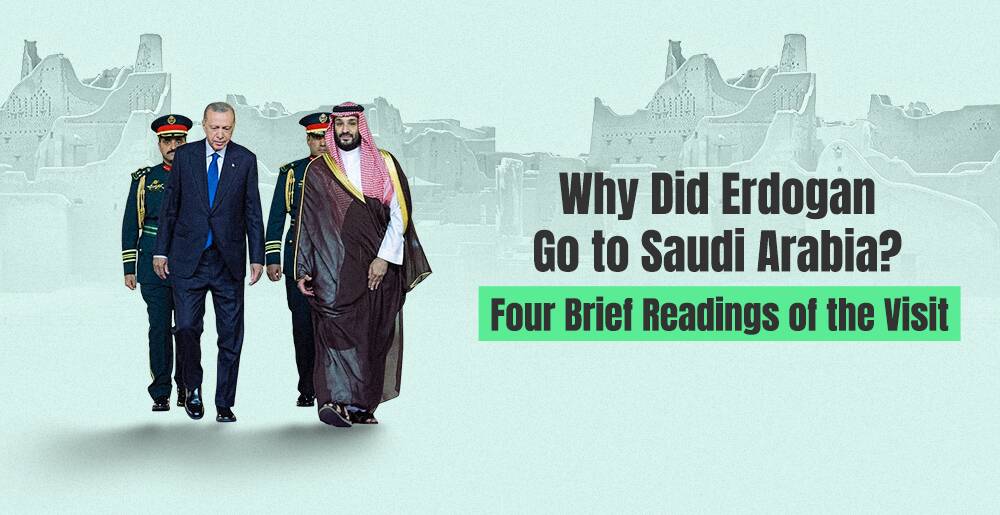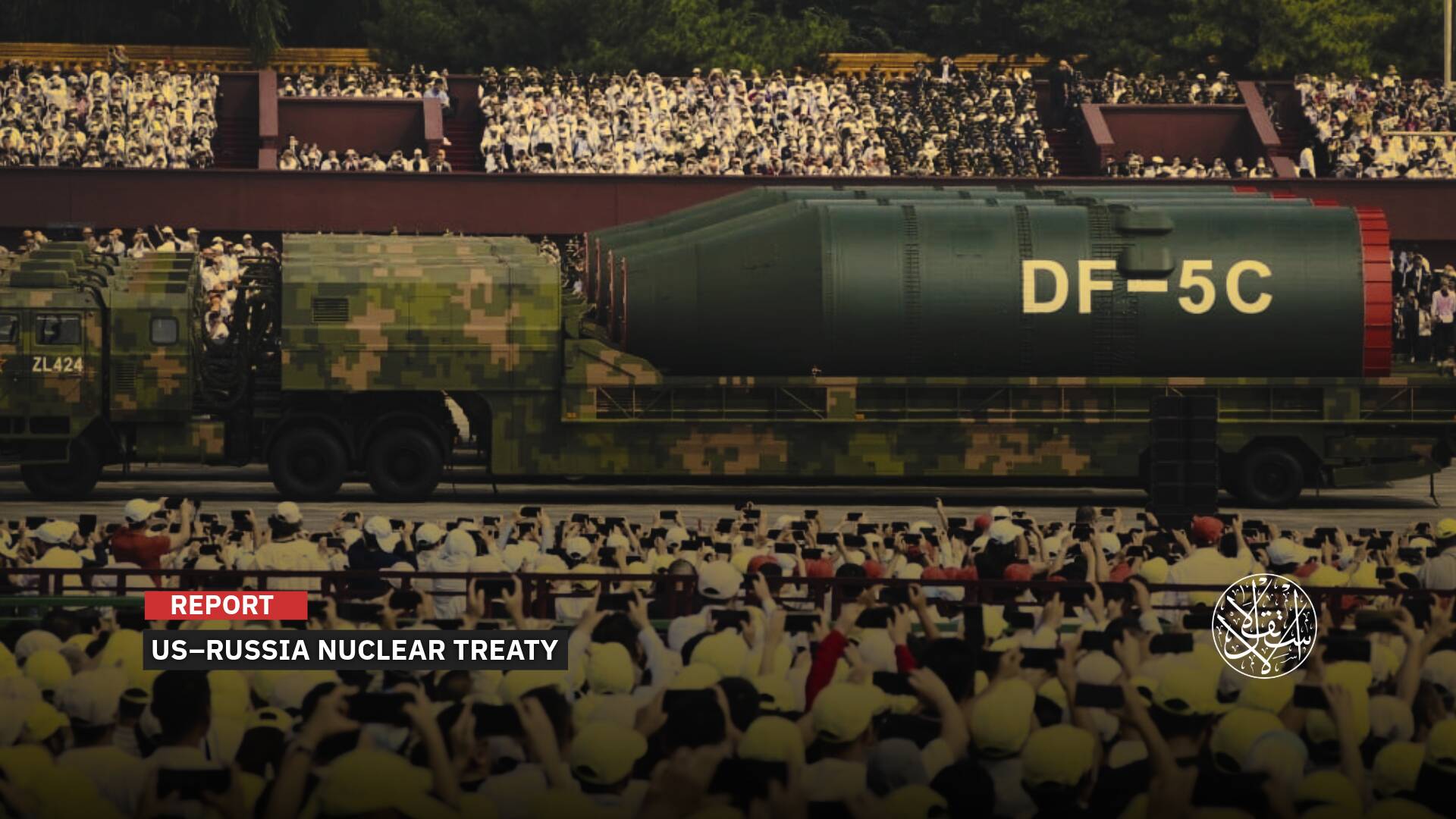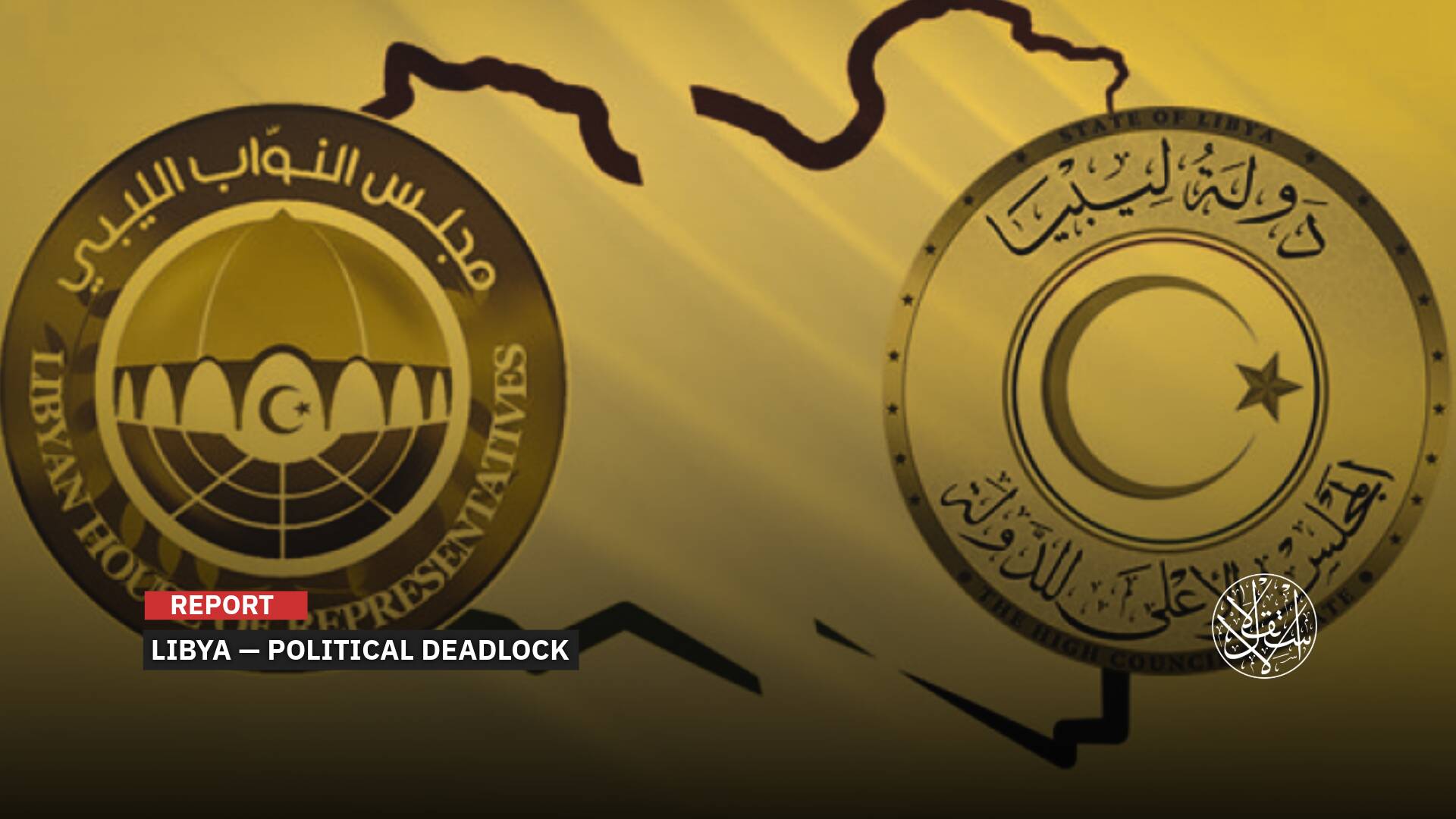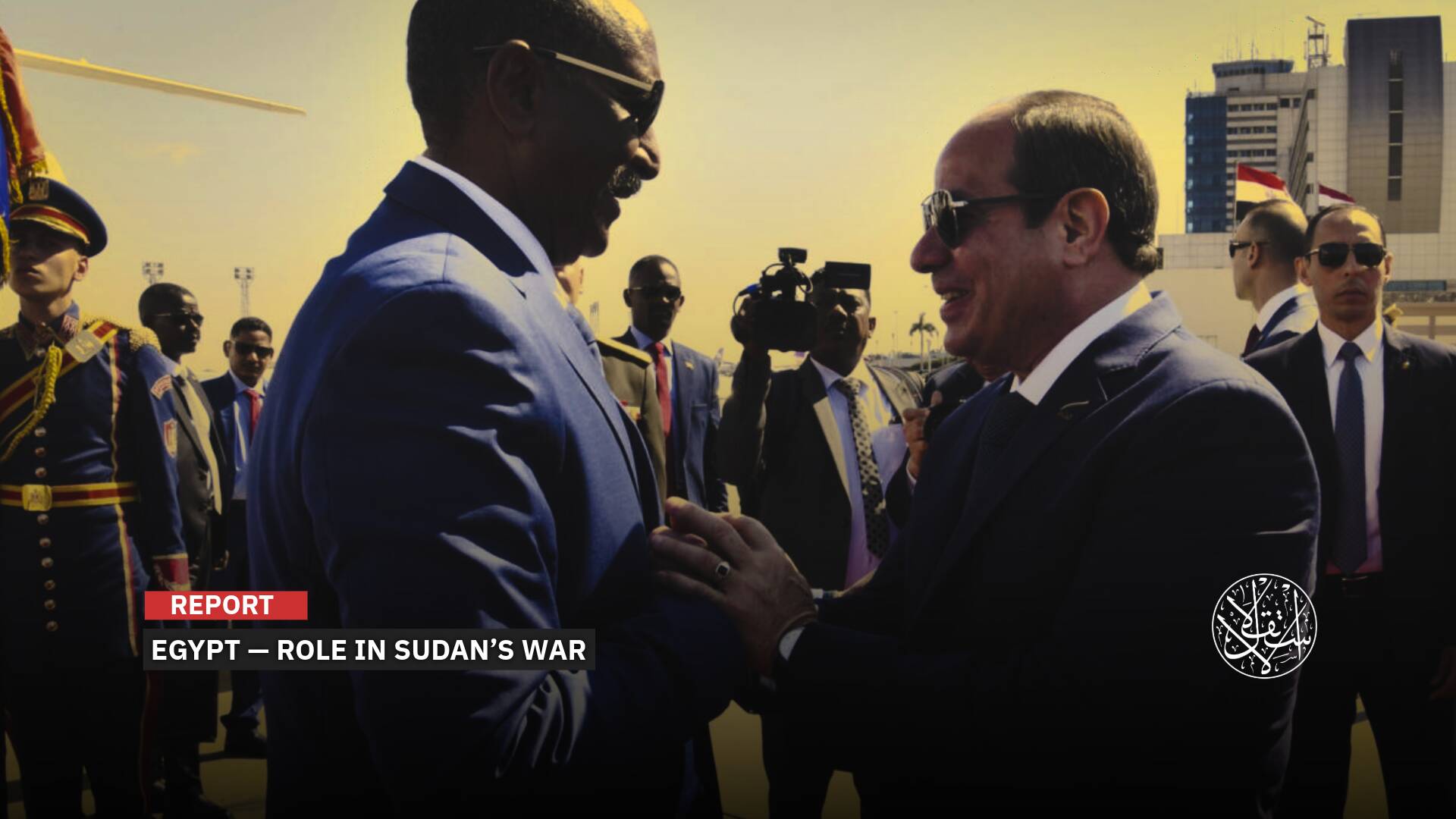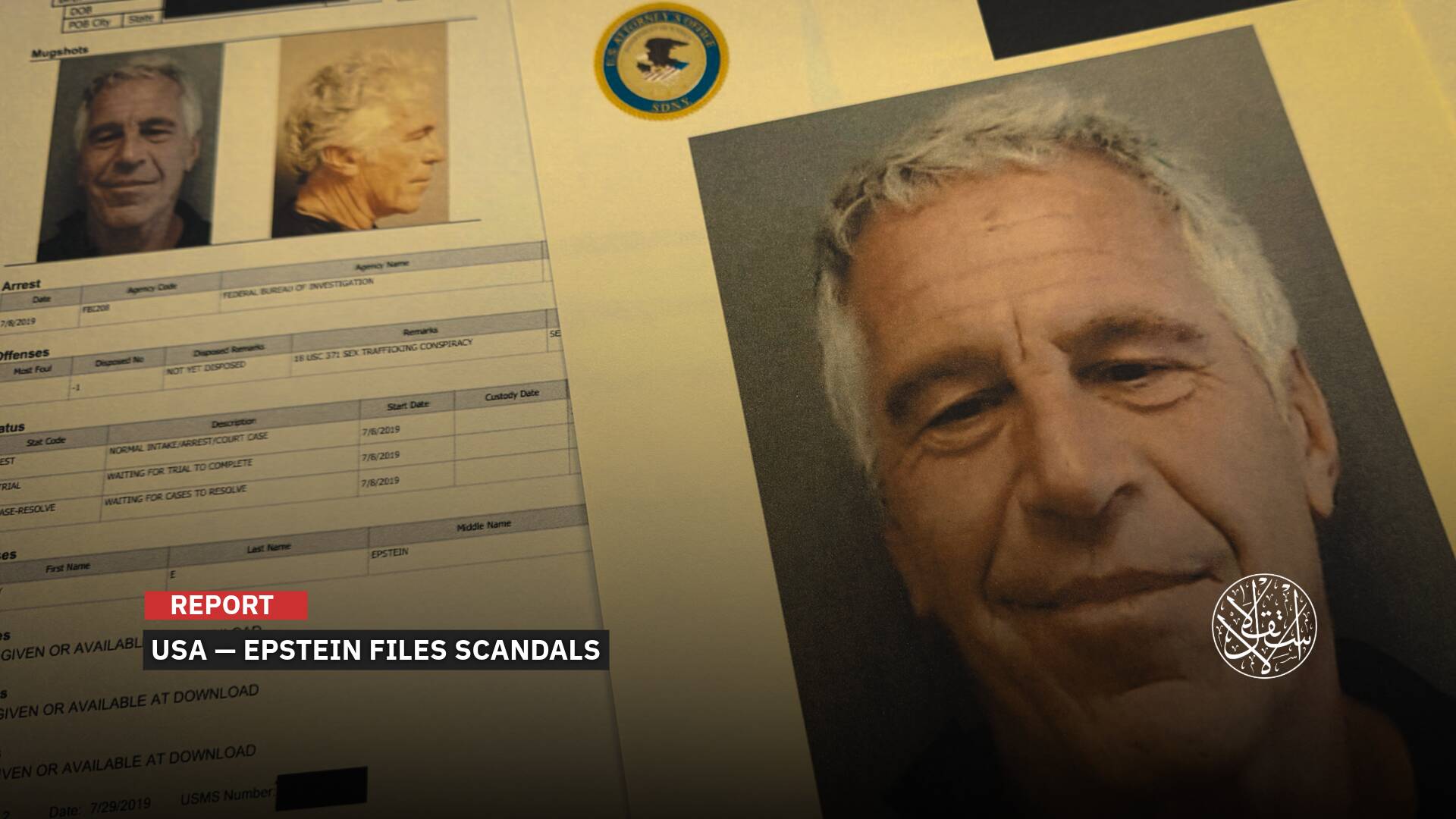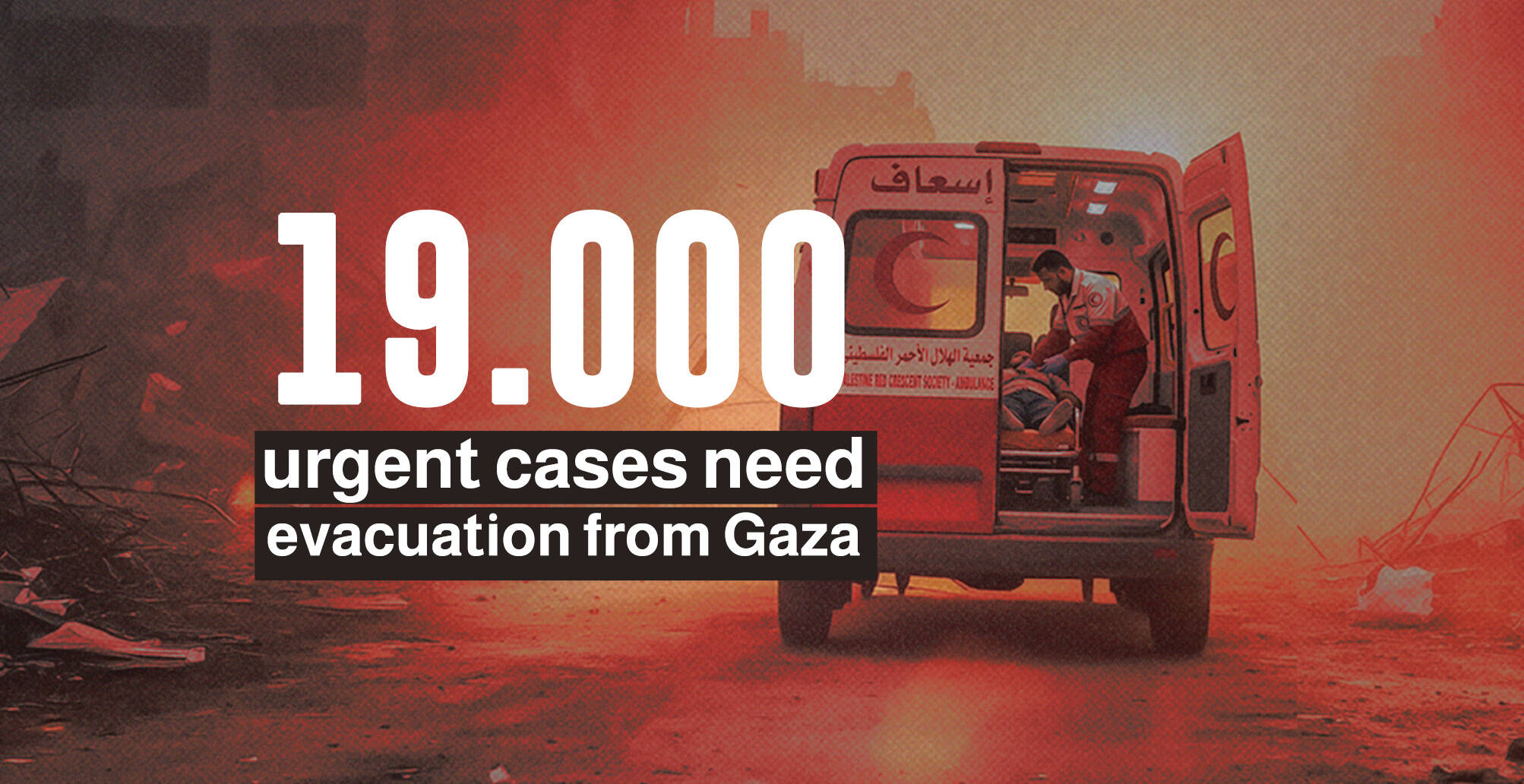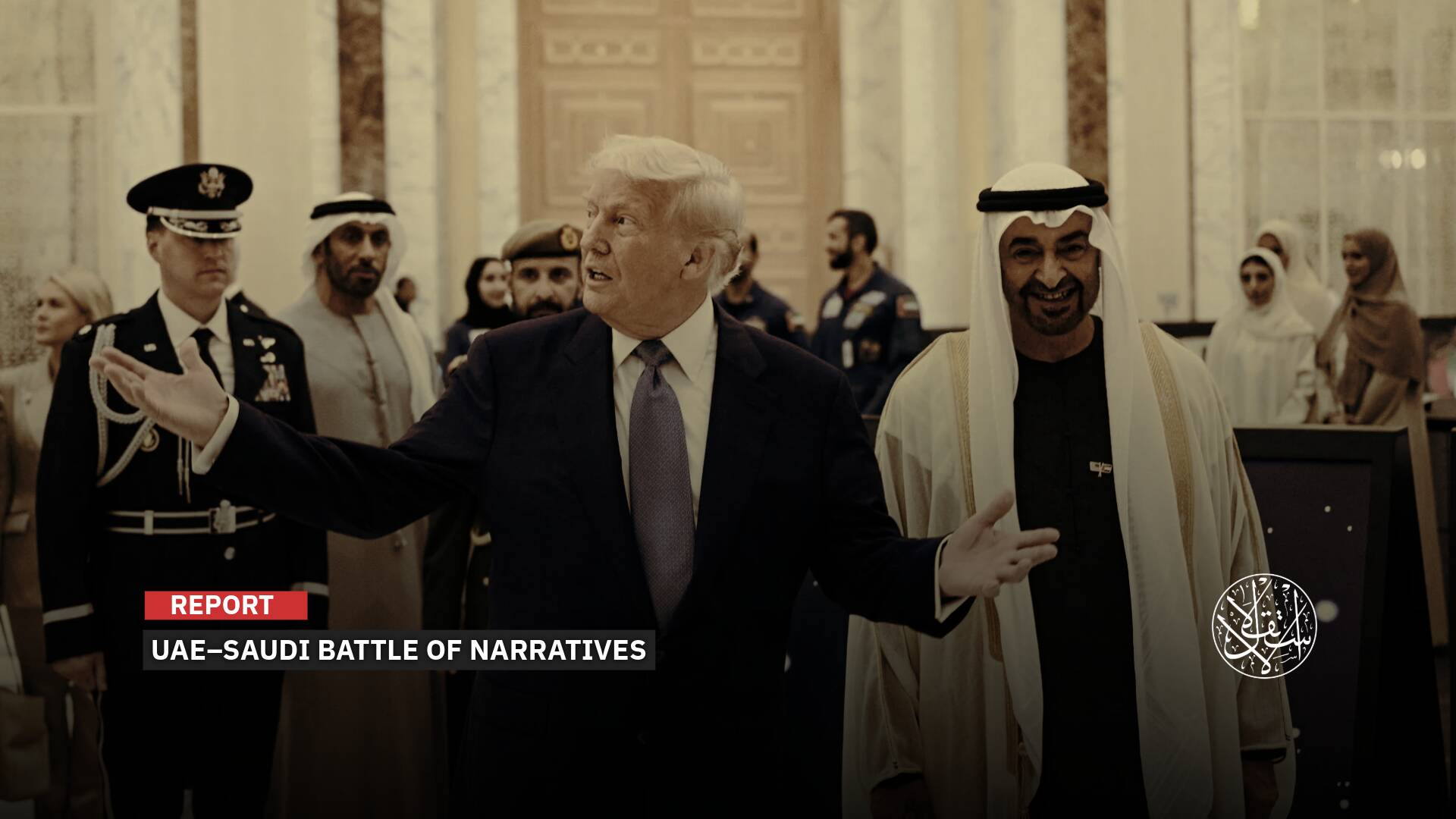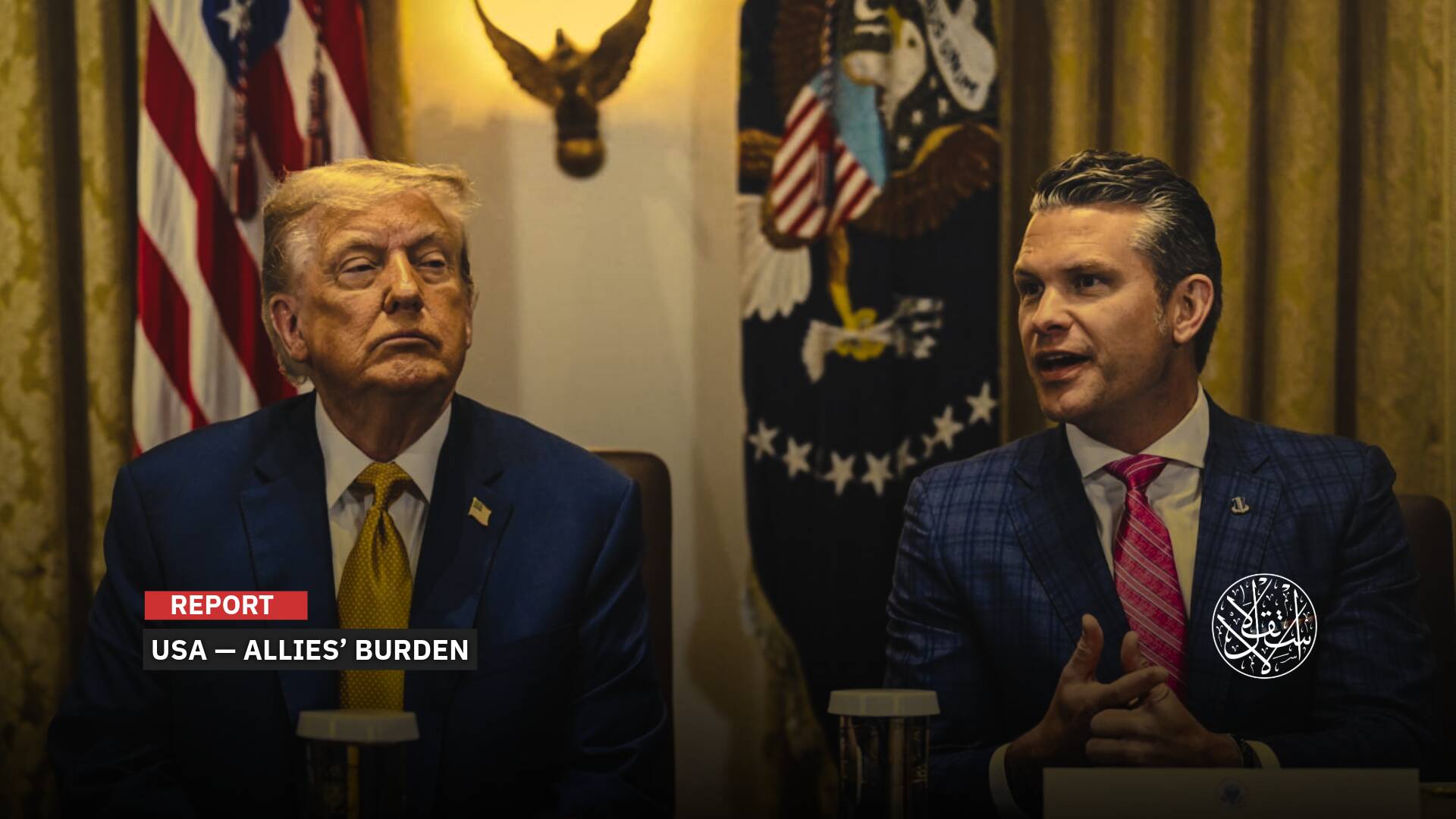Despite Its Importance, Why Is the Iraq-Turkiye Development Road Still Stalled?

“The Development Road remains unfunded, and while Turkiye continues to press for answers, Iraq still has none to give.”
Two years after its launch, Iraq’s Development Road project has not seen any real progress, despite its major strategic importance in connecting Asia and Europe through Iraq and Turkiye.
With a budget of $17 billion, the Development Road is a combined highway and railway project that stretches 1,200 kilometers across Iraq to Turkiye’s ports. Its main goal is to transport goods between Europe and the Gulf states.
An Implementation Body Formed
The project resurfaced during Iraqi Prime Minister Mohammed Shia’ al-Sudani’s visit to Ankara on May 8, 2025, where he met with Turkish President Recep Tayyip Erdogan. Al-Sudani stated that they reviewed the Development Road project and were preparing to establish an executive body to oversee it. He also expressed Iraq’s readiness to host Turkish factories in partnership with the Iraqi private sector through industrial zones.
Erdogan, in turn, said the project would significantly contribute to the stability and prosperity of both Iraq and the wider region. He called on interested countries to join this strategic initiative, emphasizing that both sides had discussed the necessary steps for its implementation.
Earlier, on April 2, Minister of Transport and Infrastructure of Turkiye Abdulkadir Uraloglu announced that al-Sudani was expected to visit Turkiye soon and that Erdogan would visit Iraq in the first half of 2025, marking his second visit in a single year, an unprecedented move.
Uraloglu highlighted that the Development Road had reached advanced stages and private sector financing could be activated, with potential support from Qatar, the UAE, and international financial institutions.
He also confirmed that Erdogan’s upcoming visit would likely result in decisions tied to prior agreements.
On May 27, 2023, a Development Road Conference was held with participation from Saudi Arabia, Kuwait, the UAE, Qatar, Oman, Turkiye, Syria, and Jordan. However, only four countries—Qatar, the UAE, Iraq, and Turkiye—signed a memorandum of understanding in Erbil in 2024 to implement the project in three phases.
That memorandum was signed during a conference in Baghdad on April 22, 2024, attended by Erdogan and al-Sudani. The Iraqi PM declared at the time that the project would “transform the region economically.”

Financial Hurdles
Since its launch, the Development Road project has faced criticism, mainly for the Iraqi government’s failure to conduct specialized feasibility studies to ensure the project’s strategic value. These concerns come amid an already strained national budget.
Other challenges have also emerged, including the government's inability to attract expected investments due to an unfavorable business environment, persistent corruption that has hindered past projects, and political divisions that have weakened support for Prime Minister al-Sudani’s plans.
To address these issues, the Iraqi government decided during a cabinet meeting on August 6, 2024, to fund the project through the national budget and seek partnerships with the Iraqi private sector to start preparations.
At the time, Transport Minister Razzaq Muhaibas al-Saadawi announced that the cabinet had approved the inclusion of the project’s first phase in the 2024 investment budget. The cost of this phase was estimated at nearly 4 trillion Iraqi dinars (over $3 billion).
He also directed relevant ministry departments to start the process of assigning design and review work for the railway segment to an Italian consulting firm within 15 days.
However, the government’s insistence on pushing forward has raised fresh doubts about the project’s feasibility and implementation. Questions remain over the transparency of handling its political and economic implications, especially given Iraq’s limited financial capacity.
“The Development Road lacks funding. Turkiye is once again asking Iraq to clarify who will finance the project—but the Iraqi government doesn’t have an answer,” Iraqi economist and transport consultant Ziad al-Hashimi posted on X.
“After two years of back-and-forth and lofty promises, the Iraqi government has yet to secure a single financier or convince its Gulf partners to invest in the Development Road project.”
“The government had set overly ambitious goals, relied on a weak feasibility study, and assigned an inflated budget to the project, all of which discouraged potential funders and investors,” al-Hashimi added.
The current Iraqi government still has much to do, but with only five months left before the upcoming parliamentary elections on November 11, 2025, the project will likely be passed on to the next government. That administration, he said, will need to revise the project’s framework, correct previous missteps, and get it back on track, according to the Iraqi economist.
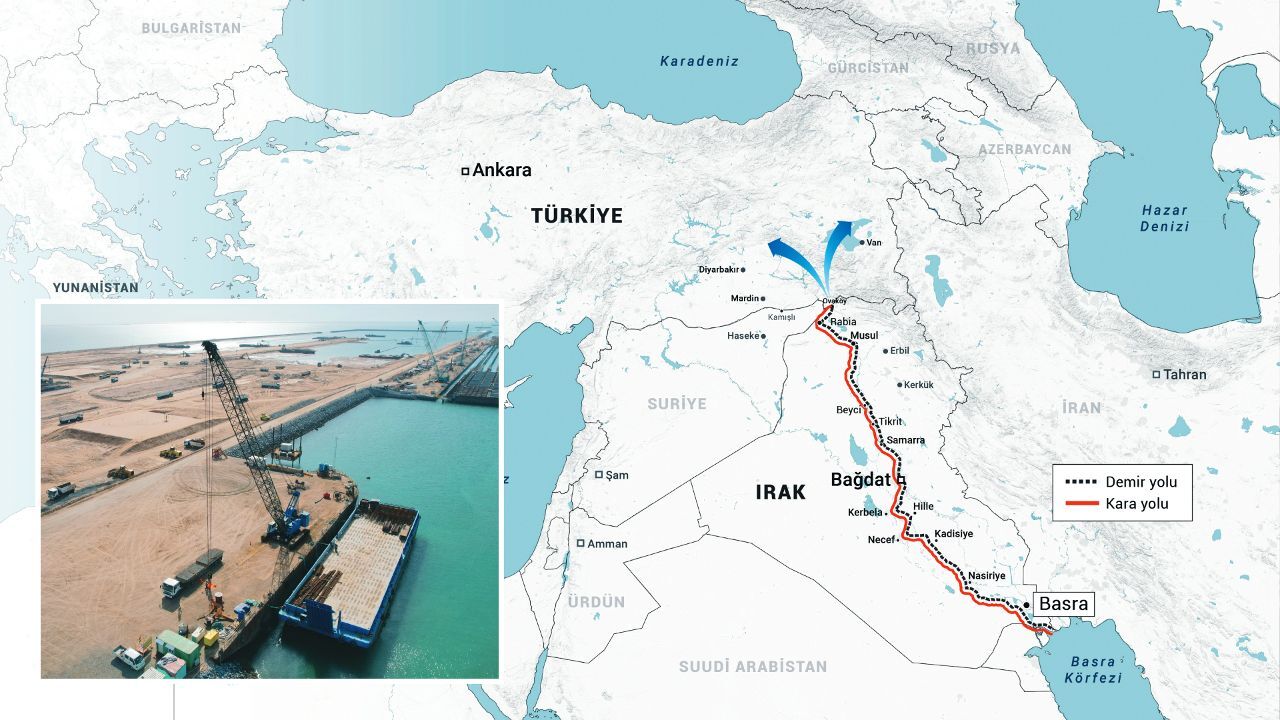
Turkiye’s Crucial Role
Amid Iraq’s delays in starting the Development Road project, al-Hashimi noted that Turkiye, as a strong regional player, will likely manage and promote the project regionally and bear its costs, though he expects the implementation to be slow due to regional changes following Operation al-Aqsa Flood.
Iraqi politician and former minister Wael Abdul Latif said the Development Road was created to undermine China’s Belt and Road Initiative, which aims to rehabilitate Iraq’s infrastructure, including electricity, water, roads, and Grand Faw port.
“China’s project connects the Grand Faw Port in Basra, southern Iraq, to Berlin, and to stop it, the Development Road was introduced, benefiting several Gulf countries and Turkiye,” he told Al-Estiklal.
He criticized the expectation that Iraq alone should cover the project’s $17 billion cost, noting that other parties want the Iraqi side to complete the project fully funded by Iraq; something he called unrealistic.
“Unless Turkiye and others share the financial burden and help complete the 1,200 km road, the project will stall, especially since Iraq faces a budget deficit.”
Abdul Latif stressed that forcing Iraq to bear the project’s financial weight adds to its budget shortfall and will likely cause the Development Road to suffer the same fate as many stalled projects.

Iraqi international affairs researcher Jassem al-Shamri described the Development Road project as a U.S. attempt to steer Iraq away from China’s path, risking over $17 billion in a project unlikely to bring economic benefits.
Al-Shamri told Al-Estiklal in a May 21, 2024 interview that the initial protocol signing in Baghdad between Iraq, Turkiye, Qatar, and the UAE places Prime Minister Mohammed Shia’ Al-Sudani’s government under major pressure.
The biggest challenge for al-Sudani’s government is first to the Iraqi people, then to the three countries involved, and finally to the ten countries that signed the agreement when the project was announced in 2023, according to the researcher.
Al-Shamri described the project as highly complex from a political standpoint. Domestically, he pointed to strong objections from factions within the Iraqi government, particularly the Shiite Coordination Framework, which views the project as being driven by foreign interests.
He added that some regional players, especially Kuwait and Saudi Arabia, remain cautious about the project’s prospects and are reluctant to commit to initiatives they see as uncertain. As a result, 2025 could prove decisive in determining whether other countries will come on board.
Sources
- Baghdad and Ankara Sign 10 MoUs, Reaffirm Positions on the PKK and the Development Road [Arabic]
- Quadrilateral Agreement: How the Development Road Undermined Kuwait’s Dream of Mubarak Al-Kabeer Port [Arabic]
- Jassem al-Shamri: The Development Road Is a U.S. Attempt to Steer Iraq Away From China (Exclusive) [Arabic]
- What Does It Mean for Iraq to Fund the Development Road From Its National Budget? [Arabic]
- Ziad al-Hashimi: The Development Road File Has Moved From Iraq’s Hands to Turkiye [Arabic]


